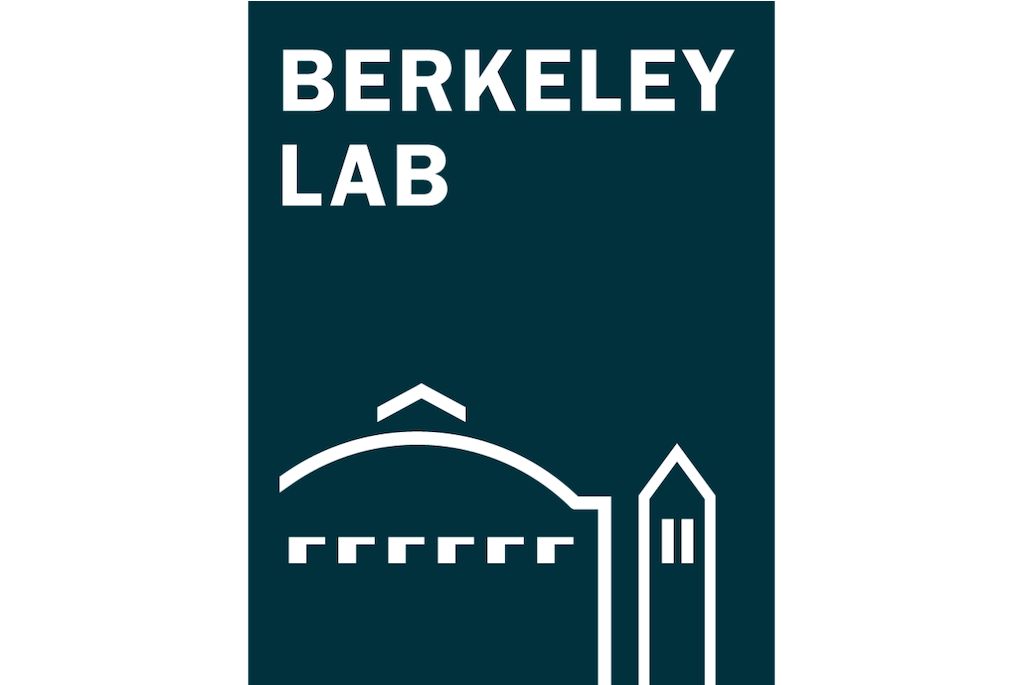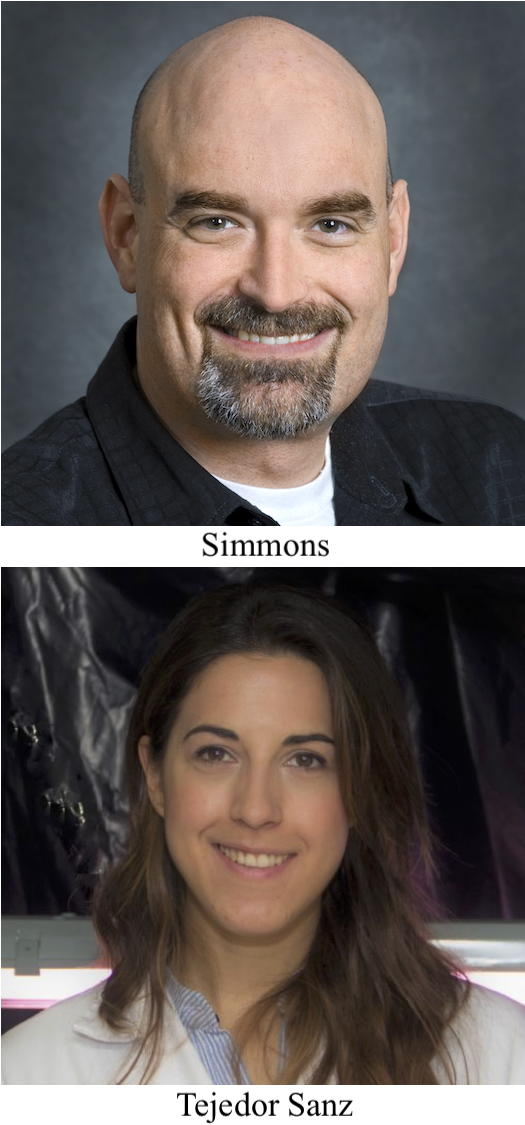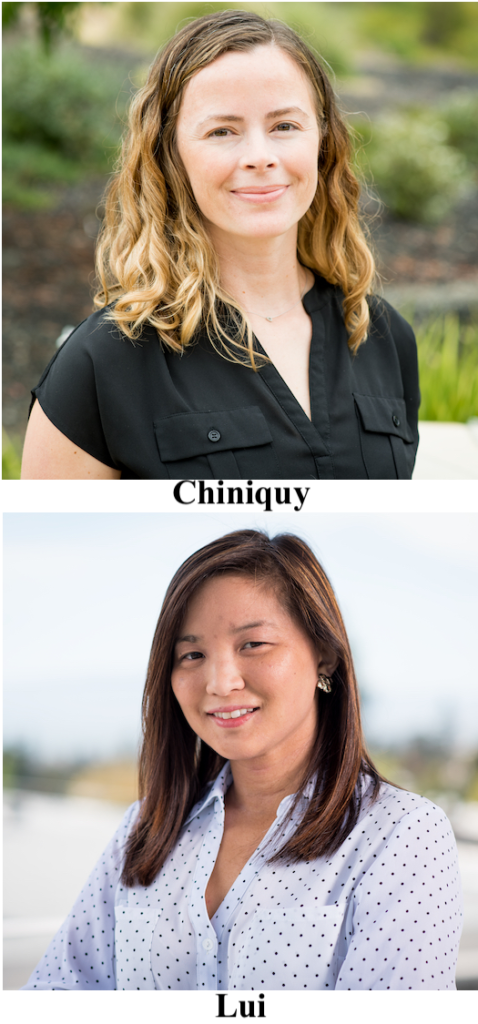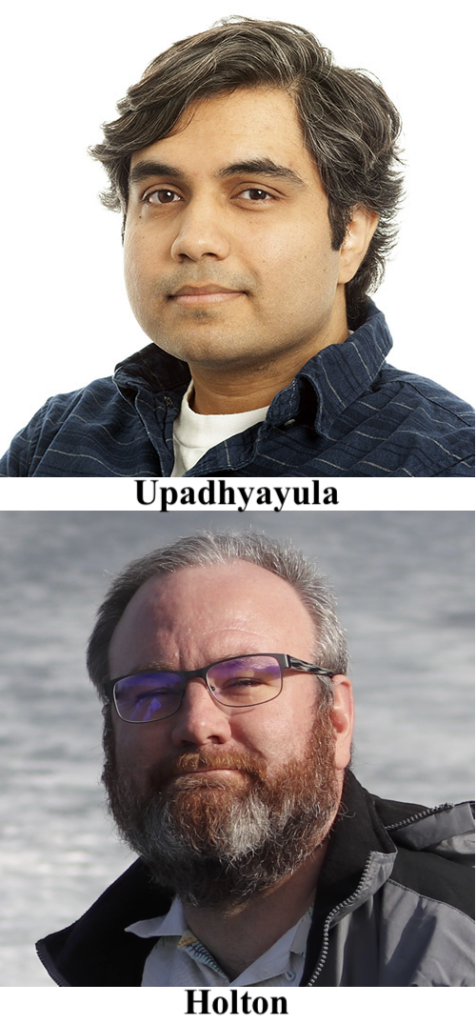The projects of 22 Biosciences Area scientists and engineers received funding through the FY23 Laboratory Directed Research and Development (LDRD) program.
From Biological Systems and Engineering (BSE), Division Director Blake Simmons and senior scientific engineering associate Sara Tejedor Sanz had new projects funded. Simmons will investigate the potential of acetogenic consortia to decarbonize industry. Tejedor Sanz will harness gas molecules in microbial electrochemical fluidized bed reactors for carbon-efficient biomanufacturing.
Project scientist Deepika Awasthi, research scientist Thomas Eng, and staff scientist Corinne Scown received funding to continue their projects. Awasthi is bioengineering Methylomicrobium for reduced-carbon-emission bioproduct synthesis. Eng is developing synthetic biology tools for nitrogen-fixing microbes. Scown, whose primary affiliation is in the Energy Technologies Area, is exploring plastic recycling and waste mitigation for a circular economy.
From Environmental Genomics and Systems Biology (EGSB), project scientists Dawn Chiniquy and Lauren Lui had new projects funded. Chiniquy, this year’s Early Career track awardee, will engineer methanotrophs to reducing methane emissions. Lui will investigate the ecogenomics and impact of viruses, plasmids, and strains on estuarine microbiome function.
Research scientist Aymerick Eudes, faculty scientist Sabeeha Merchant, staff scientist Vivek Mutalik, Division Director Susannah Tringe, and research scientist Kateryna Zhalnina received funding to continue their projects. Eudes is engineering roots to promote soil carbon sequestration. Merchant is seeking a deeper understanding of the genomes and metabolic capabilities of green algae. Mutalik is undertaking a systematic effort to isolate, characterize, and engineer single strand RNA phages. Tringe is making improvements to the EcoPOD to enable safe, reproducible, mid-scale plant microbiome investigation. Zhalnina is uncovering plant-archaea interactions to regulate nitrogen availability in soils and increase carbon.

From the Joint Genome Institute (JGI), research scientist Jonelle Basso had her new project to predict and characterize plant-associated bacteriophages funded. Data scientist Sara Calhoun and research scientist Frederik Schulz received funding to continue their projects. Calhoun is applying multiomics of algal mutants to uncover new players in photosynthesis. Schulz is developing a single-cell-based discovery pipeline for terrestrial protists.
From Molecular Biophysics and Integrated Bioimaging, faculty scientists James Holton and Gokul Upadhyayula had new projects funded. Holton is working with Kenneth Greenberg at the Advanced Light Source (ALS) on a multi-Area effort to optimize protein crystallography beamlines for ALS and ALS-U. Upadhyayula is creating a deep learning framework for a sensor-less microscope aberration recognition and correction system.
Staff scientists Peter Agbo and Marc Allaire, and research scientists Nathalie Elisabeth, Kanupriya Pande, and Setsuko Wakao received funding to continue their projects. Agbo, whose primary affiliation is in the Chemical Sciences Division, is deploying cyanobacterial systems for accelerated carbon dioxide capture in seawater. Allaire is building the GEMINI Branchline, a macromolecular crystallography beamline with two beams in the same experimental hutch at the ALS. Elisabeth is using 3D single-cell mapping to characterize carbon cycling activity in the rhizosphere. Pande is creating computational tools for extracting macromolecular conformational dynamics from diffraction and imaging data. Wakao is creating designer bionanomaterials using diatom frustules.










